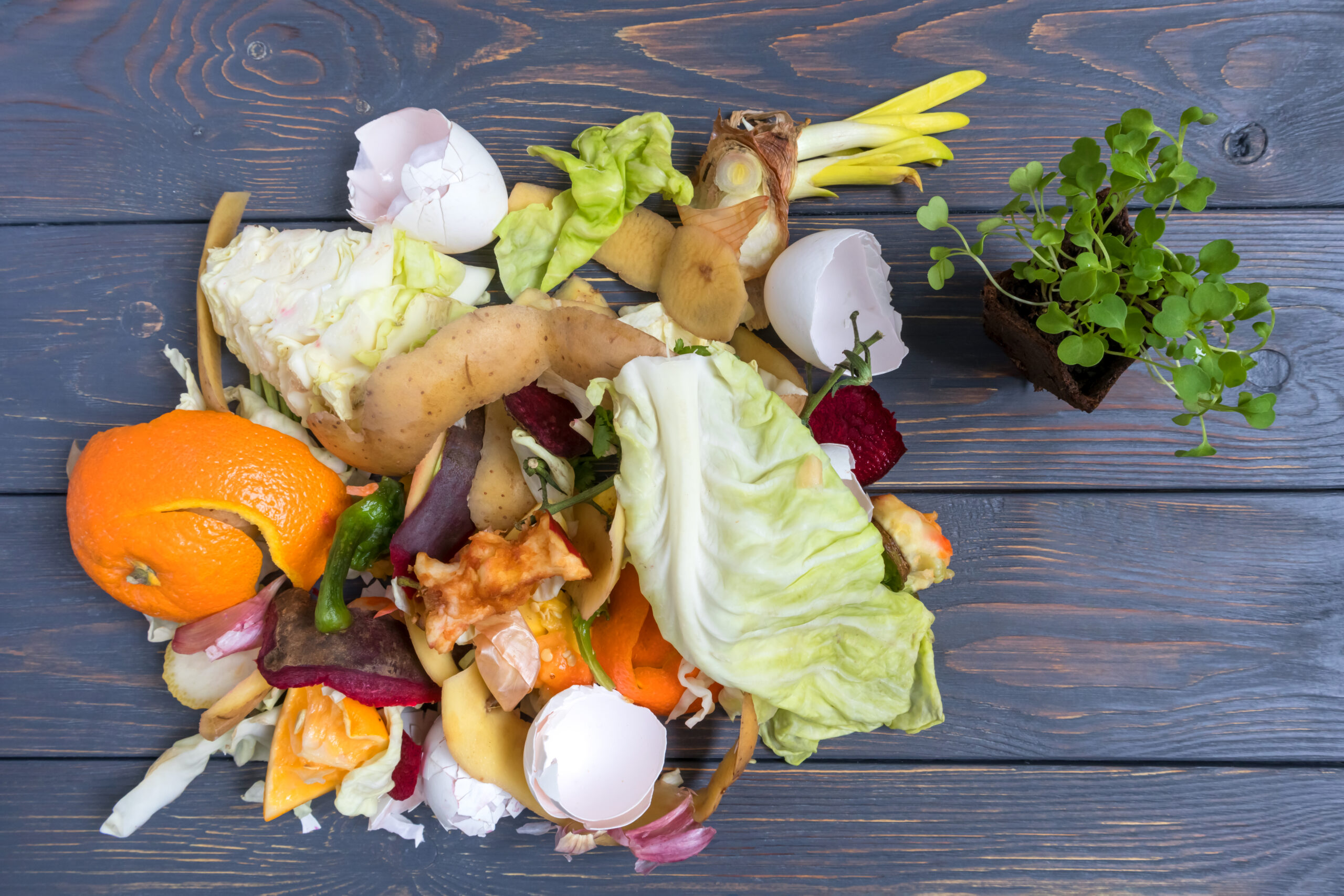
Food waste has become a common issue worldwide, with many of us unintentionally contributing to it through habits like buying more than we need, letting fresh produce spoil, or taking larger portions than we can finish. These everyday actions not only strain our planet’s precious resources, such as water, seeds, and energy, but also have a significant environmental impact.
When food is wasted, so too is all the labor, investment, and transportation involved in bringing it from farm to table. About one-third of all food produced globally, which amounts to over one billion tonnes, is lost or wasted before it even reaches our plates. This staggering figure translates to nearly a quarter of the world’s food supply being discarded, even as millions around the globe suffer from hunger and malnutrition.
Raising awareness about food waste and adopting smarter habits can play a crucial role in conserving resources, reducing pollution, and building a more sustainable food system for everyone. This article will cover some effective means to reduce food waste.
Reducing food waste is one of the simplest yet most impactful ways to support a healthier planet and lifestyle. By making more mindful choices about how we shop, cook, and store food, we can create positive change for ourselves and the world around us. Here are five important benefits of cutting down on food waste:
Reducing food waste doesn’t have to be complicated. By making a few small changes to your daily habits, you can help save resources, cut costs, and make a positive impact on the environment. Here are some easy ways to get started:
Eating well doesn’t mean spending hours in the kitchen. With plenty of quick and nutritious recipes available online, you can prepare meals that are both good for you and the planet. Share these meals with family and friends to encourage mindful eating together.
Save time and reduce waste by cooking larger portions and freezing leftovers for busy days. Planning meals with freezing in mind lets you enjoy a wider variety throughout the week. Keep a collection of your favorite freezer-friendly recipes—like muffins, soups, and smoothies—easily accessible by printing them out or saving them on your phone for quick reference.
Plan your meals ahead of time and create a detailed shopping list. Sticking to your list helps avoid impulse purchases, reduces food waste, and saves money.
Serve yourself smaller amounts or share large meals when dining out. This helps prevent uneaten food from going to waste.
Don’t judge produce by its looks—odd shapes, spots, or bruises don’t affect taste or nutrition. Use mature or blemished fruits in smoothies, juices, or desserts instead of tossing them out.
Organize your fridge and pantry by placing older items at the front so they get used first. Keep opened packages sealed and store leftovers in airtight containers to maintain freshness and keep pests away.
Understand the difference between “best before” and “use-by” dates. Food can often be safely eaten after the “best before” date, but the “use-by” date indicates when food should no longer be consumed. Also, read labels to avoid unhealthy additives like trans fats, excess sugar, and salt.
If you have extra food, freeze it for another meal or creatively incorporate leftovers into new dishes to make the most of what you have.
Water is essential for growing the food we eat. By reducing food waste, you’re also saving the vast amounts of water used in food production. Beyond food, conserve water in daily life by fixing leaks and turning off taps while brushing your teeth.
Some household items—like batteries, paints, medicines, and chemicals—are hazardous and shouldn’t be discarded with regular trash. Improper disposal can contaminate soil and water, harming the natural resources needed to grow food. Dispose of these materials responsibly to keep our environment safe.
Reducing food waste isn’t just about saving leftovers — it’s about valuing our resources, protecting the environment, and making smarter choices every day. Whether it’s planning meals better, understanding food labels, or freezing extra portions, every small effort adds up. By wasting less, we nourish not only ourselves but also our planet and future generations.